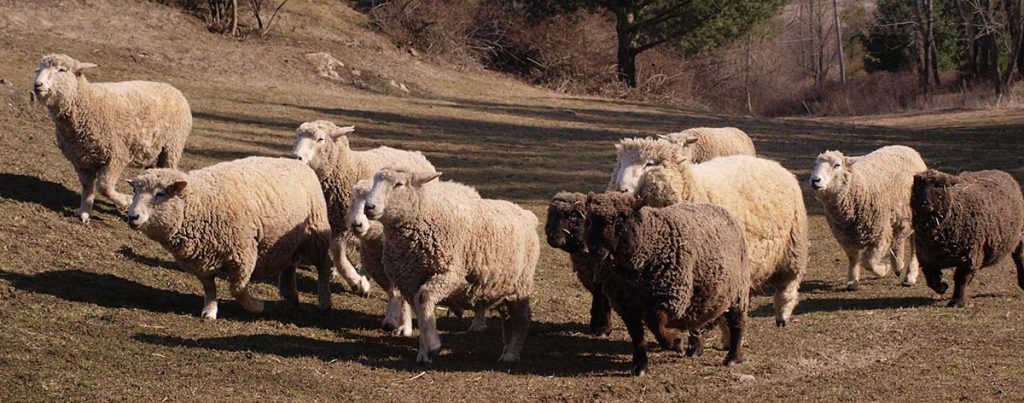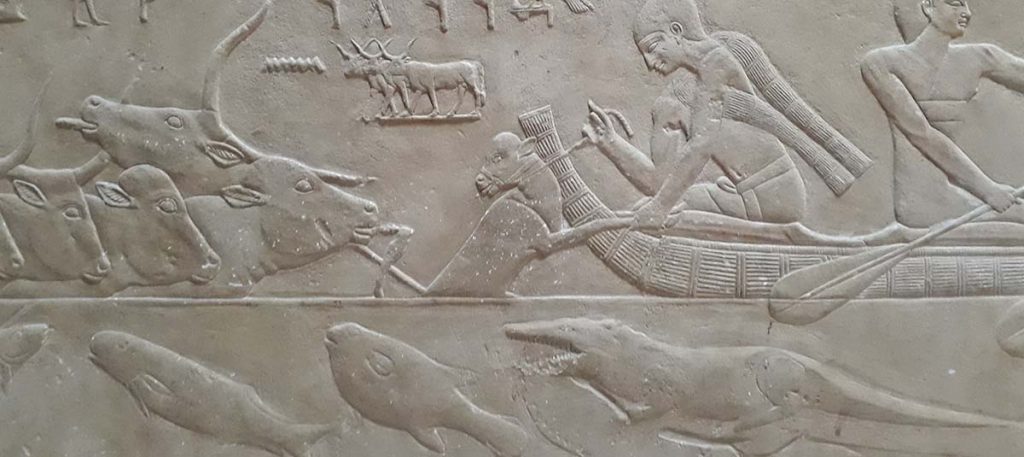Exploring 21st-century belief
The blog that explores how faith can reconcile the beliefs of its ancient roots with how we think and know today.
What you will find here are blog posts in these categories:
Exploring belief / Today’s faith, to be credible, believable, needs the freedom to operate beyond the bounds of creed or orthodox givens. We do so here with a refusal to disengage from the deep sources of historical beliefs. Read posts.
Papers / A collection of academic writings from around the millennium. Read posts.

Featured posts:
- Diverse, popular early Christian ideas, (most) subsequently labeled as heresies
If we accept that there is no definitive authority as to which ideas are entirely right/true or wrong/false, in part because the divine mystery is not fully knowable and indeed shrouded in mystery and outright apparent paradox; and that most of the ideas were shared as good faith efforts to make sense of scripture that …
- A Pseudo-Faith Suited for Our Age
Reader, I offer a pseudo-religion for our time. Its tenets are pretty simple. It’s called a pseudo-religion because you don’t have to actually believe it’s true in order to profess it. You can follow it if you are a dedicated atheist, or alongside a religion which you truly believe. As a follower, you just do your …
- A 21st century-viable investigation of ancient sources
Though mainline Christianity is the founding religious philosophy of the United States of America, it is withering on the vine. Americans have been casting about, with Evangelical faith being the dominant direction. But the 21st century will not be kind to orthodox faith of any kind. We need new voices who can create a human …
- The Timeless Harmony of Nature (Quotation from Clement)
It is dispiriting to hear of fires raging in California, the Great Barrier Reef dying, hurricanes growing in scale and ferocity, coastal flooding, whales moving north, aquifers drying, seasons shifting. In our age of climate change, species loss and competition for scarce resources, we have to up our game and take on the fact that …
- In the realm of spiritual searchers: the ethical impact of Buddhist practices on Christian practitioners
One of the burning questions that led me to study theology was, what is the source or ground of ethics? Now, Jesus was, among other things, an unparalleled teacher of ethics, but what happens to those Christians whose search moves beyond the original naivete that tells them that ethics is simply …
- Morality emergent or morality commanded: biology and theology in the thinking of Rolston and Hefner
The goal of this paper is to consider the ground of ethics in light of contemporary biological science and the implications of that science for how theology might frame the emergence of ethical humanity. Can ethics be conceived as entirely biologically based? Or does any ethics require a metaphysical basis? Do new understandings of the …
- Wrestling with ultimacy: review of “A neuropsychological-semiotic model of religious experiences
This paper is a synopsis and review of Wesley J. Wildman and Leslie A. Brothers’ essay, “A Neuropsychological-Semiotic Model of Religious Experiences,” a richly conceived attempt to provide a methodology that can account for what the authors term experiences of ultimacy. The essay appears in the forthcoming book Neuroscience and the Person: Scientific Perspectives on …
- Theological aesthetics of performance in art
– Let me tell you about the weirdest experience I had the other day. I was mountain biking in Marin with my brother. We were in this very beautiful place. Near the end of the day, we’re coming through these pastures, horse country, and we stop by this little stream. I’m sitting there and I’m …
